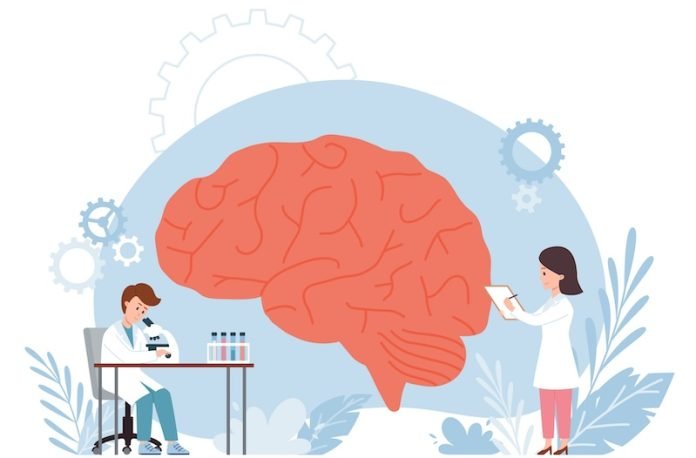
Alzheimer’s disease is a brain disorder that progressively impairs memory and cognitive abilities. It is the most common cause of dementia among older adults, affecting millions of families worldwide.
Despite ongoing research, the exact causes of Alzheimer’s are not fully understood, but scientists have identified several key factors that increase the risk of developing this debilitating condition.
This review will explore these factors using plain language to make the information accessible to everyone.
One of the primary known causes of Alzheimer’s is aging. As we age, the risk of developing Alzheimer’s increases significantly, particularly after the age of 65.
Research shows that the changes in the brain associated with Alzheimer’s often begin years before any signs or symptoms appear. These changes include the buildup of abnormal proteins in and around brain cells.
One of these proteins, called beta-amyloid, clumps together to form plaques that disrupt cell function. Another protein, tau, forms tangles within the cells that inhibit essential processes.
Genetics also plays a crucial role in the development of Alzheimer’s, especially in cases that appear before the age of 65, known as early-onset Alzheimer’s. People who have a family history of Alzheimer’s are at a higher risk, suggesting a genetic link to the disease.
Certain genes have been identified that affect the likelihood of developing Alzheimer’s. For example, the presence of the ApoE4 gene variant increases a person’s risk, although having the gene does not guarantee the disease will develop.
Lifestyle factors and conditions that affect cardiovascular health are also closely linked to the risk of Alzheimer’s. High blood pressure, heart disease, stroke, diabetes, and high cholesterol can all contribute to an increased risk of Alzheimer’s disease.
These conditions can lead to vascular damage within the brain, which may exacerbate or initiate the process of brain cell damage typical of Alzheimer’s.
Research has also highlighted the importance of a healthy lifestyle in potentially reducing the risk of Alzheimer’s.
Regular physical activity, a diet rich in fruits, vegetables, and whole grains, and low in saturated fats, and engaging in social and intellectually stimulating activities have all been shown to help protect against Alzheimer’s.
These activities help maintain blood flow to the brain and may encourage the growth of new brain cells.
Environmental factors, including exposure to certain toxins or pollutants, have also been suggested as potential contributors to Alzheimer’s, although more research is needed to understand these links fully.
Studies are exploring how prolonged exposure to air pollution and heavy metals, such as lead, might impact the risk of developing dementia.
Sleep patterns and quality are emerging areas of interest in Alzheimer’s research. Poor sleep or sleep disorders like sleep apnea might increase the risk of Alzheimer’s. During sleep, the brain clears out waste products such as excess beta-amyloid.
If sleep is frequently disrupted, these substances could build up, potentially leading to the development of plaques associated with Alzheimer’s.
In conclusion, Alzheimer’s disease results from a complex interplay of genetic, environmental, and lifestyle factors. While aging and genetics play significant roles, modifying lifestyle and environmental factors may help reduce the risk or delay the onset of the disease.
Continued research is essential for discovering more about the mechanisms of Alzheimer’s, developing effective treatments, and eventually finding a cure.
By understanding the common causes and contributing factors, individuals can take proactive steps to protect their brain health as they age.
If you care about Alzheimer’s, please read studies about the likely cause of Alzheimer’s disease , and new non-drug treatment that could help prevent Alzheimer’s.
For more information about brain health, please see recent studies about diet that may help prevent Alzheimer’s, and results showing some dementia cases could be prevented by changing these 12 things.
Copyright © 2024 Knowridge Science Report. All rights reserved.



